Understanding Diesel Hybrid Technology
Diesel hybrid technology represents an innovative fusion of traditional diesel engines and electric motors, designed to enhance the overall performance and fuel efficiency of vehicles. At its core, this technology relies on the established strengths of diesel engines, notably their superior fuel economy and formidable torque characteristics, which are particularly advantageous in larger vehicles and applications requiring substantial power.
In a diesel hybrid vehicle, the two energy sources work in tandem to optimize performance and efficiency. The diesel engine typically provides the primary power for acceleration and sustained driving, while the electric motor assists during specific scenarios, such as low-speed maneuvers or when additional torque is necessary. This combination allows manufacturers to create vehicles that maintain the robust power delivery associated with diesel engines while reaping the benefits of electric propulsion, especially in urban environments where stop-and-go traffic is common.
One of the noteworthy features of diesel hybrid models is their ability to regenerate energy during braking, a process that captures the kinetic energy usually lost as heat and converts it into electrical energy, which can then be used to recharge the vehicle’s onboard batteries. This regenerative braking system not only improves fuel efficiency but also contributes to a reduction in overall emissions, positioning diesel hybrids as an environmentally friendly alternative in the automotive market.
Several diesel hybrid vehicles currently populate the market, showcasing diverse specifications and performance capabilities. For instance, models like the BMW 740e and the Mercedes-Benz E-Class Diesel Hybrid have garnered attention for their sophisticated engineering and positive user experiences. These vehicles typically feature smooth transitions between diesel and electric power, allowing for seamless operation and optimized energy utilization, thus exemplifying the potential of diesel hybrid technology in the evolving landscape of eco-friendly transportation.
The Benefits of Automatic Switching Modes in Diesel Hybrids
One of the most significant advancements in the automotive industry is the integration of automatic switching modes in diesel hybrid vehicles. This innovative technology enables seamless transitions between diesel and electric power, optimizing performance based on driving conditions and battery levels. The underlying principle of automatic switching is rooted in an advanced control system that assesses various parameters, such as speed, acceleration, and charge state, to determine the most efficient mode of operation.
Efficiency is a primary advantage of automatic switching modes. By leveraging both diesel and electric power, these hybrids can maximize fuel economy and minimize emissions. In urban environments, where frequent stops and starts are common, the electric motor can handle lower speeds, leading to reduced fuel consumption and lower carbon footprints. Conversely, on highways or steep inclines, the diesel engine provides the necessary power and torque, ensuring optimal performance without compromising on efficiency. This dual-system approach not only enhances fuel savings but also aligns with environmental sustainability goals.
User convenience is another crucial benefit offered by automatic switching modes. Drivers can experience a smooth and uninterrupted driving experience without having to manually switch between diesel and electric power. The technology ensures that the vehicle operates at peak performance, providing a seamless transition that enhances overall driving enjoyment. Moreover, it alleviates the need for the driver to constantly monitor battery levels, as the system intelligently manages power sources autonomously.
As the market for diesel hybrids continues to grow, future trends suggest even more sophisticated automatic switching technologies may emerge. Innovations in battery efficiency and control algorithms will likely enhance the responsiveness and capabilities of these vehicles. Preliminary research indicates that advancements in artificial intelligence could enable even smarter switching decisions, leading to enhanced user experience and performance optimization.

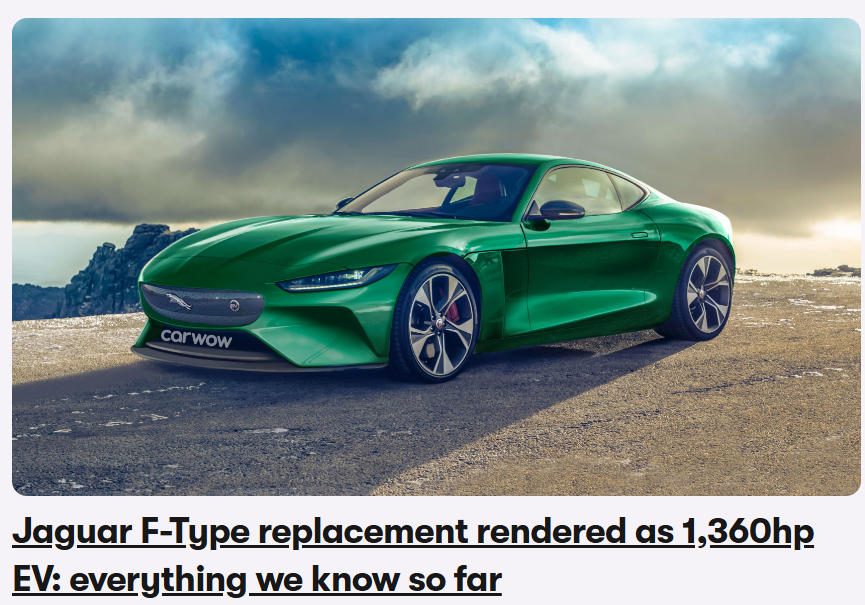
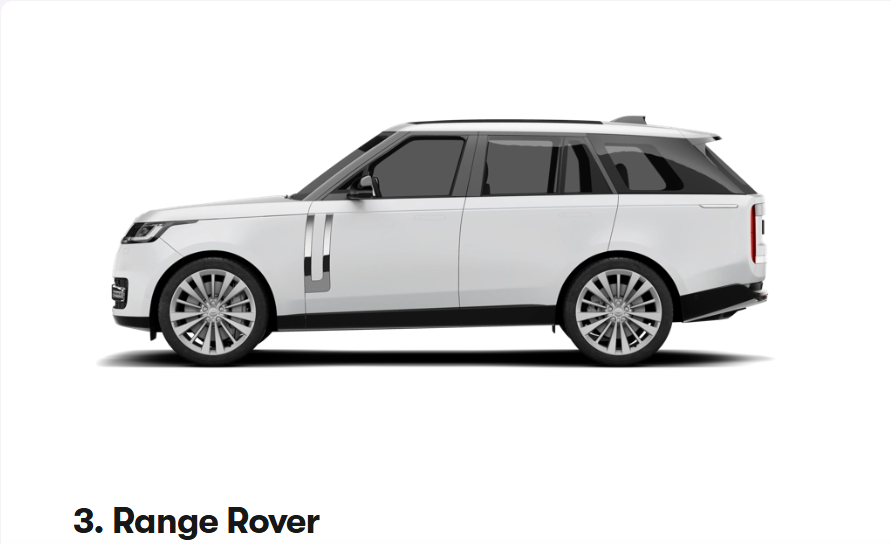
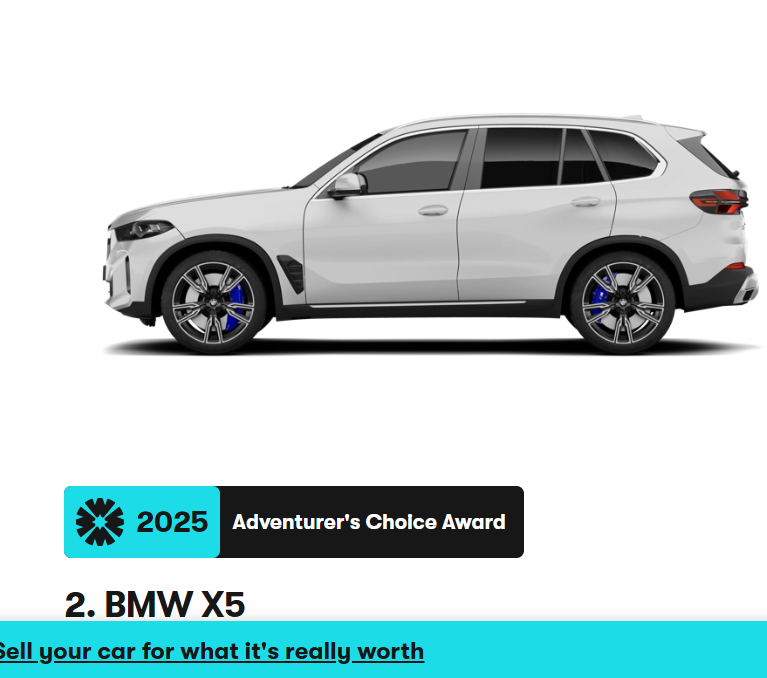

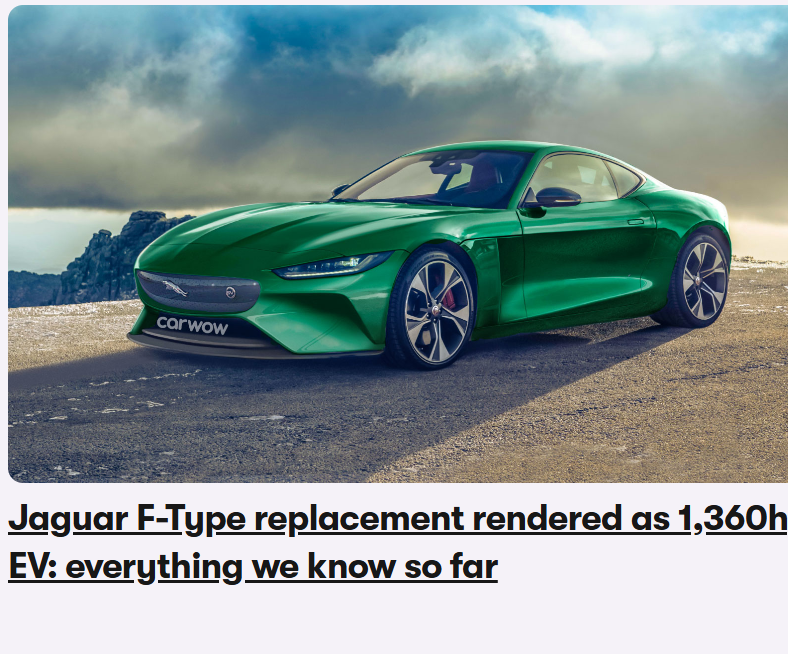
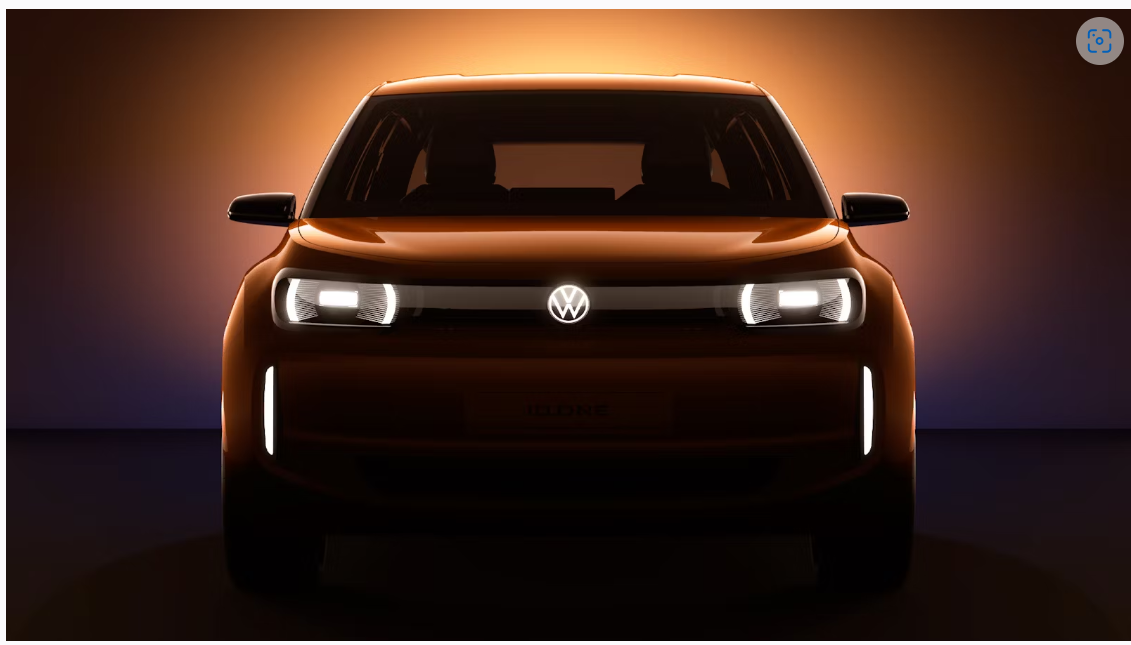

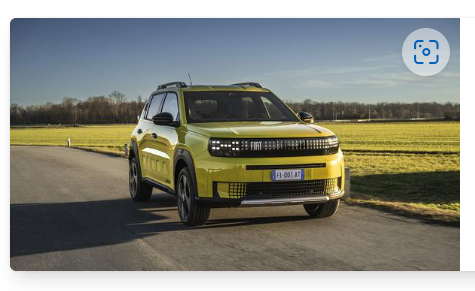

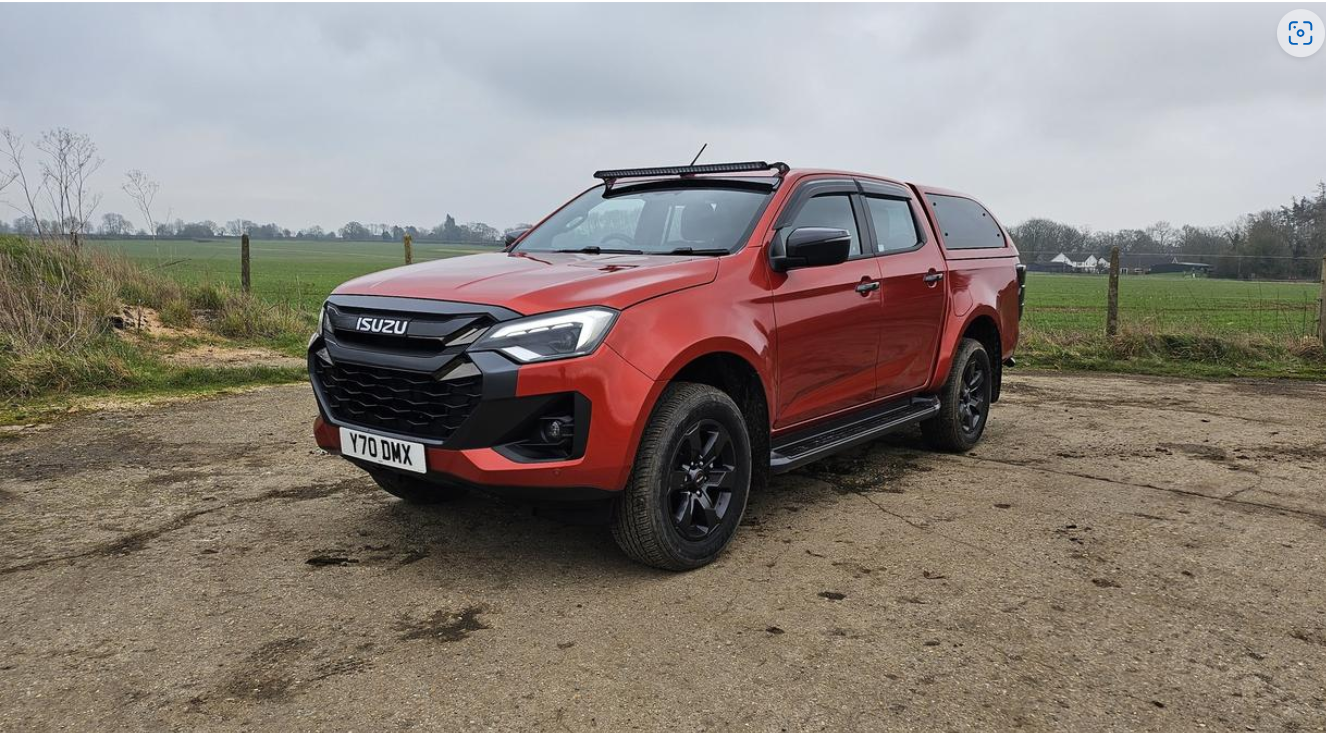
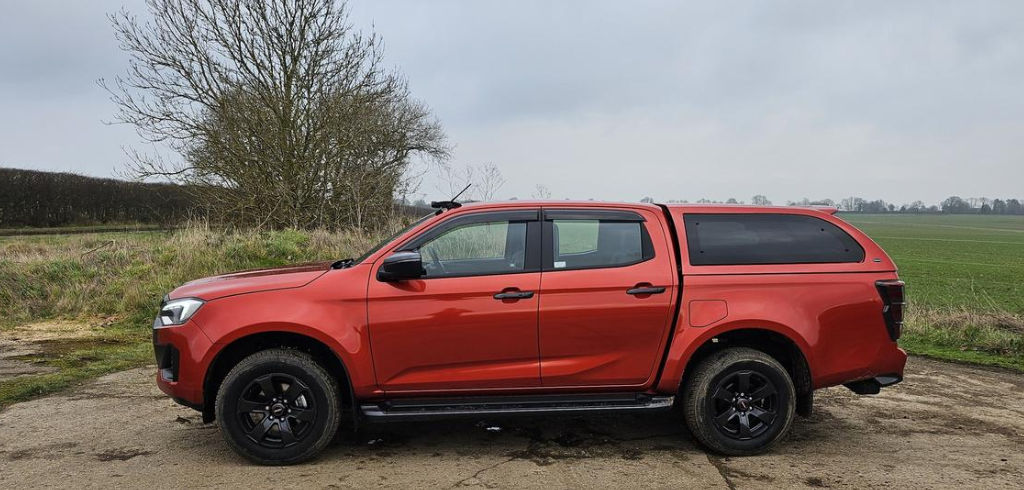
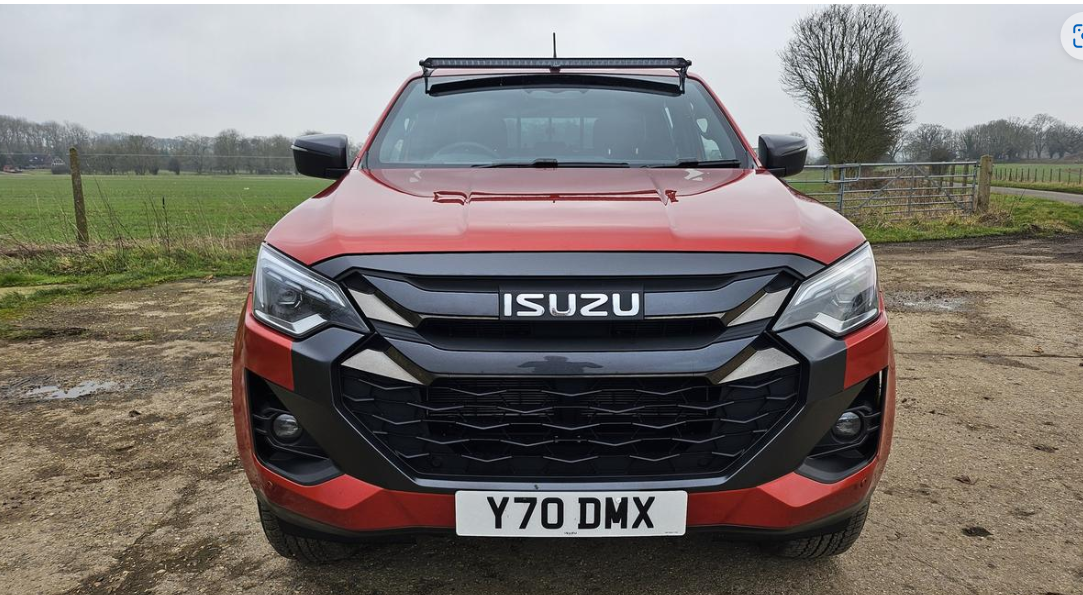
Reviews
There are no reviews yet.